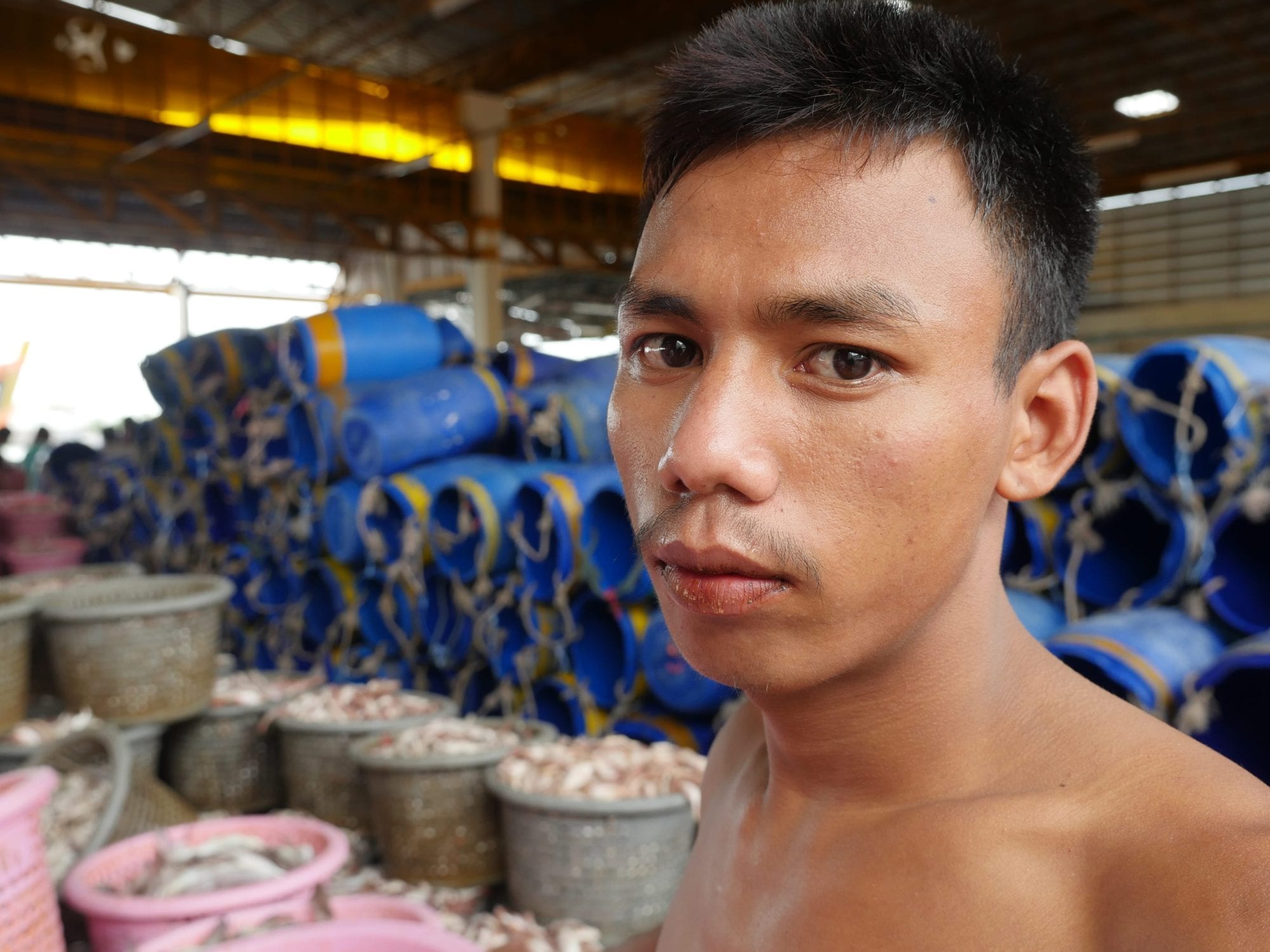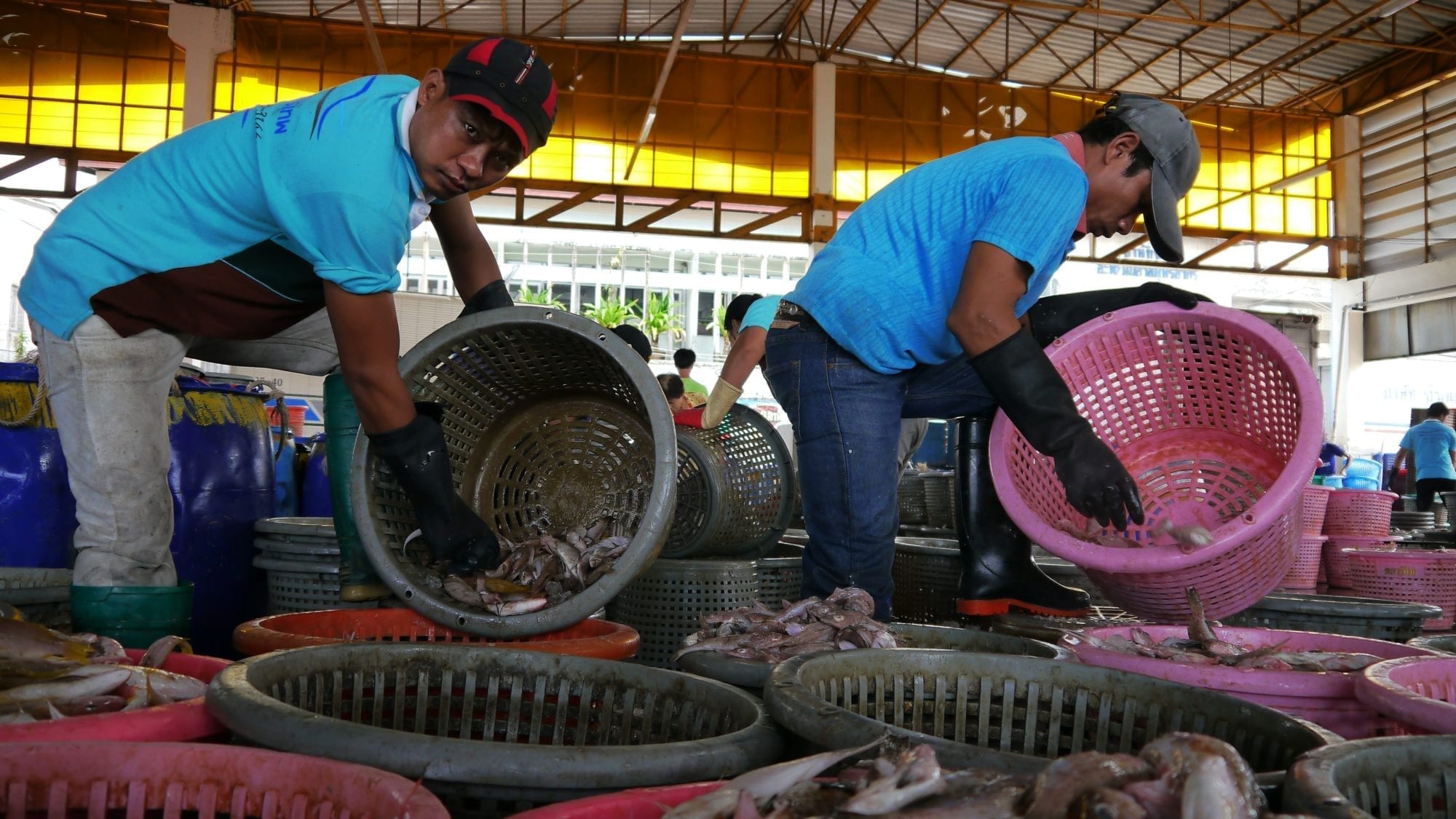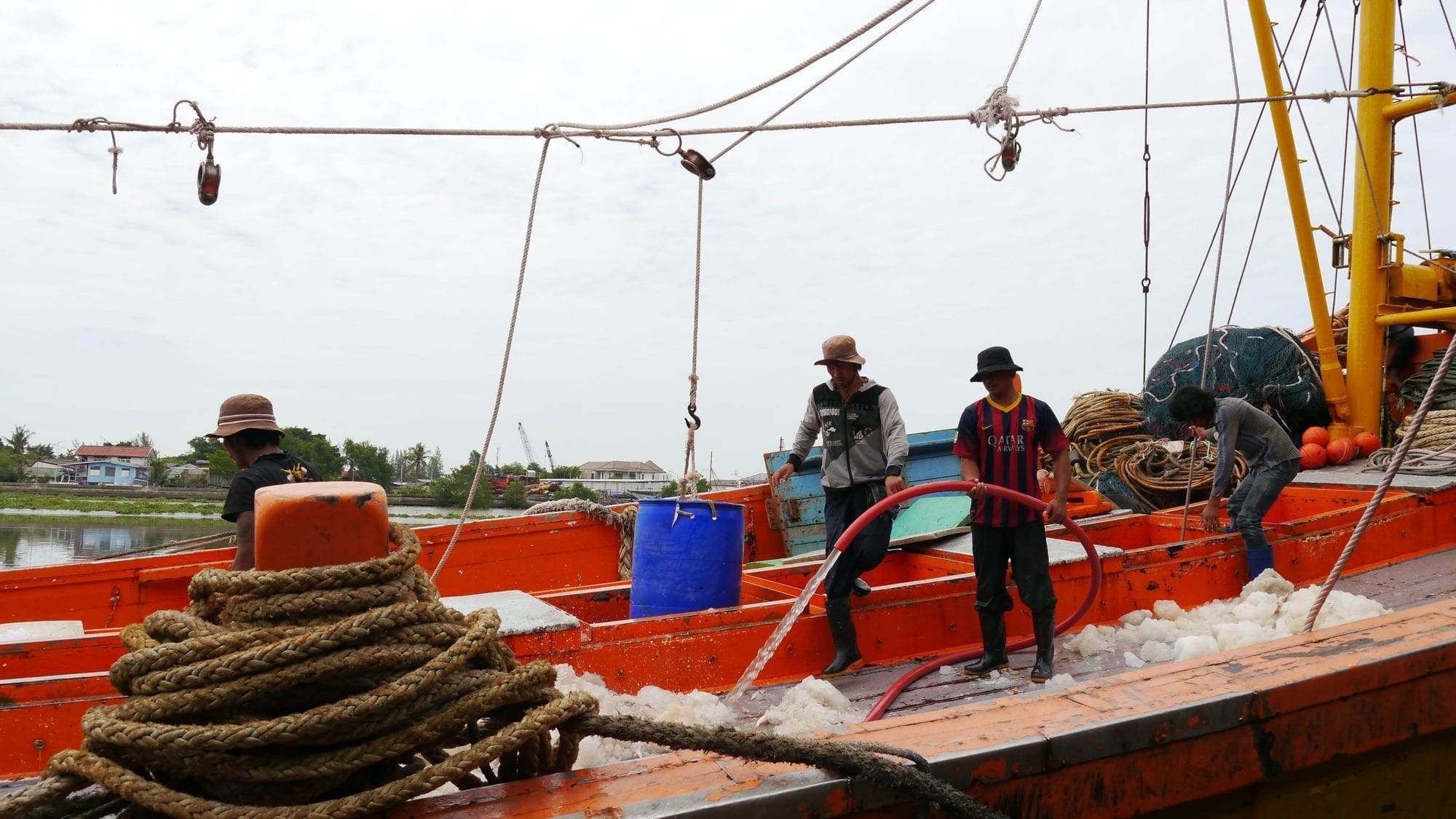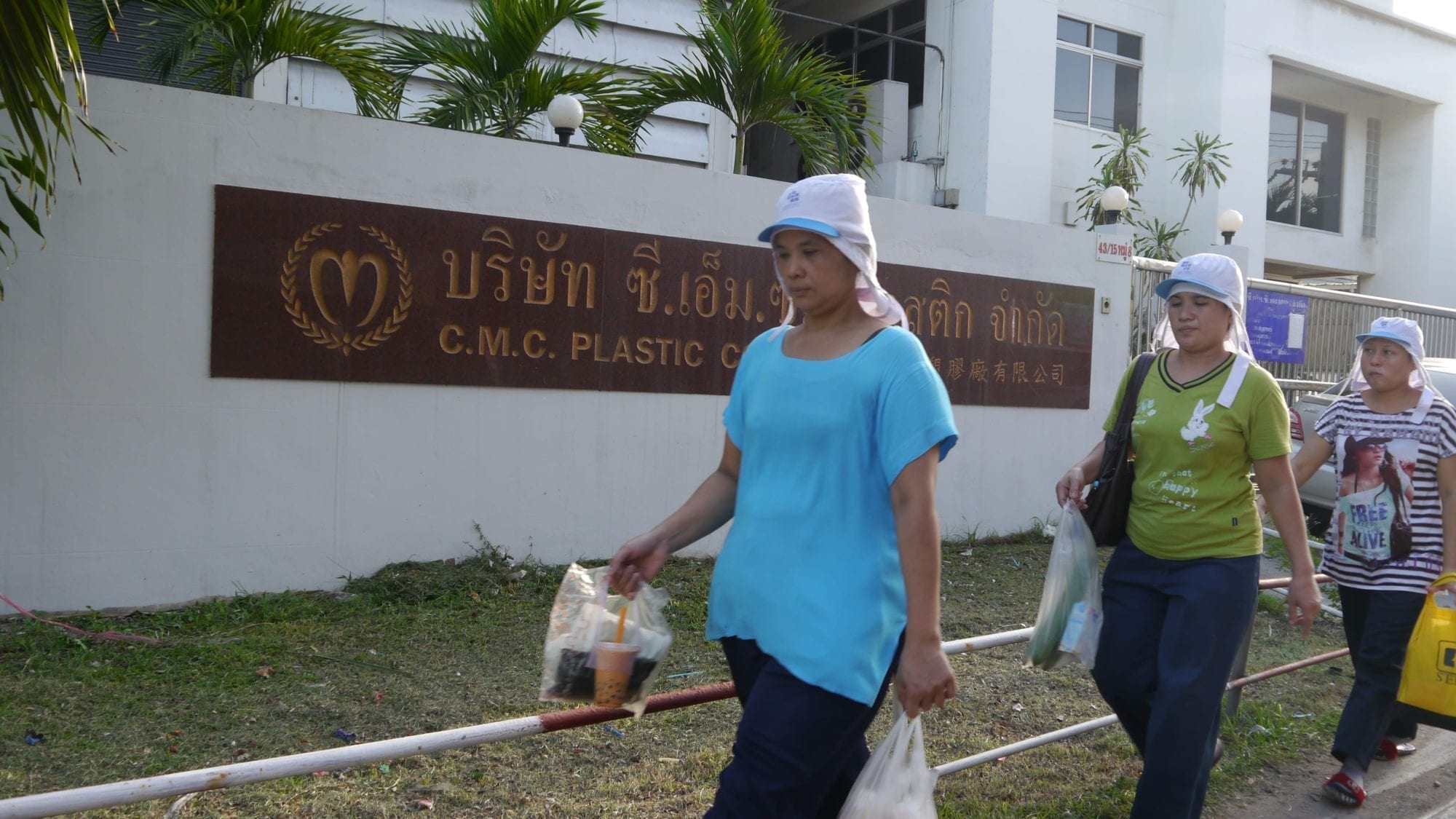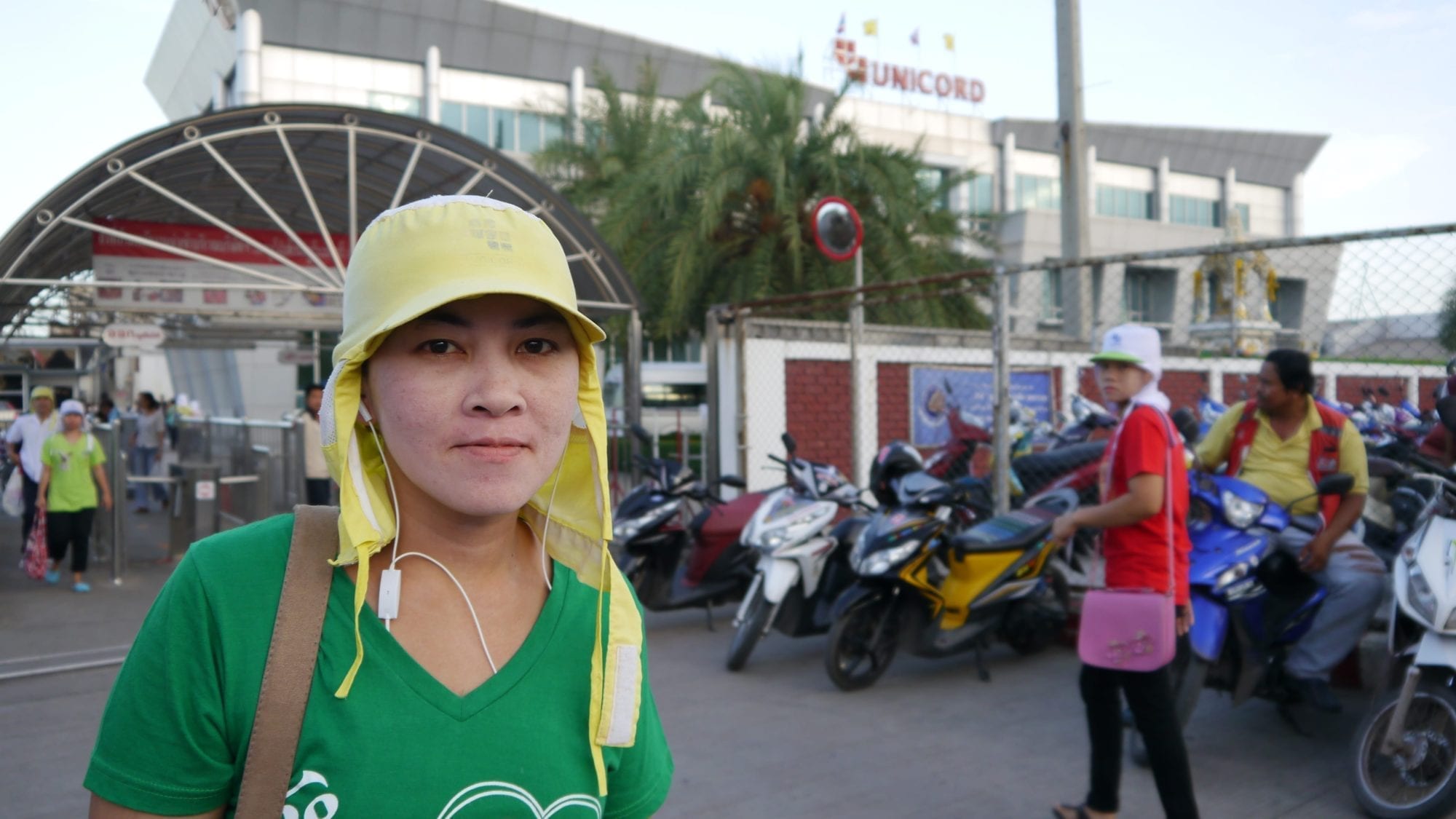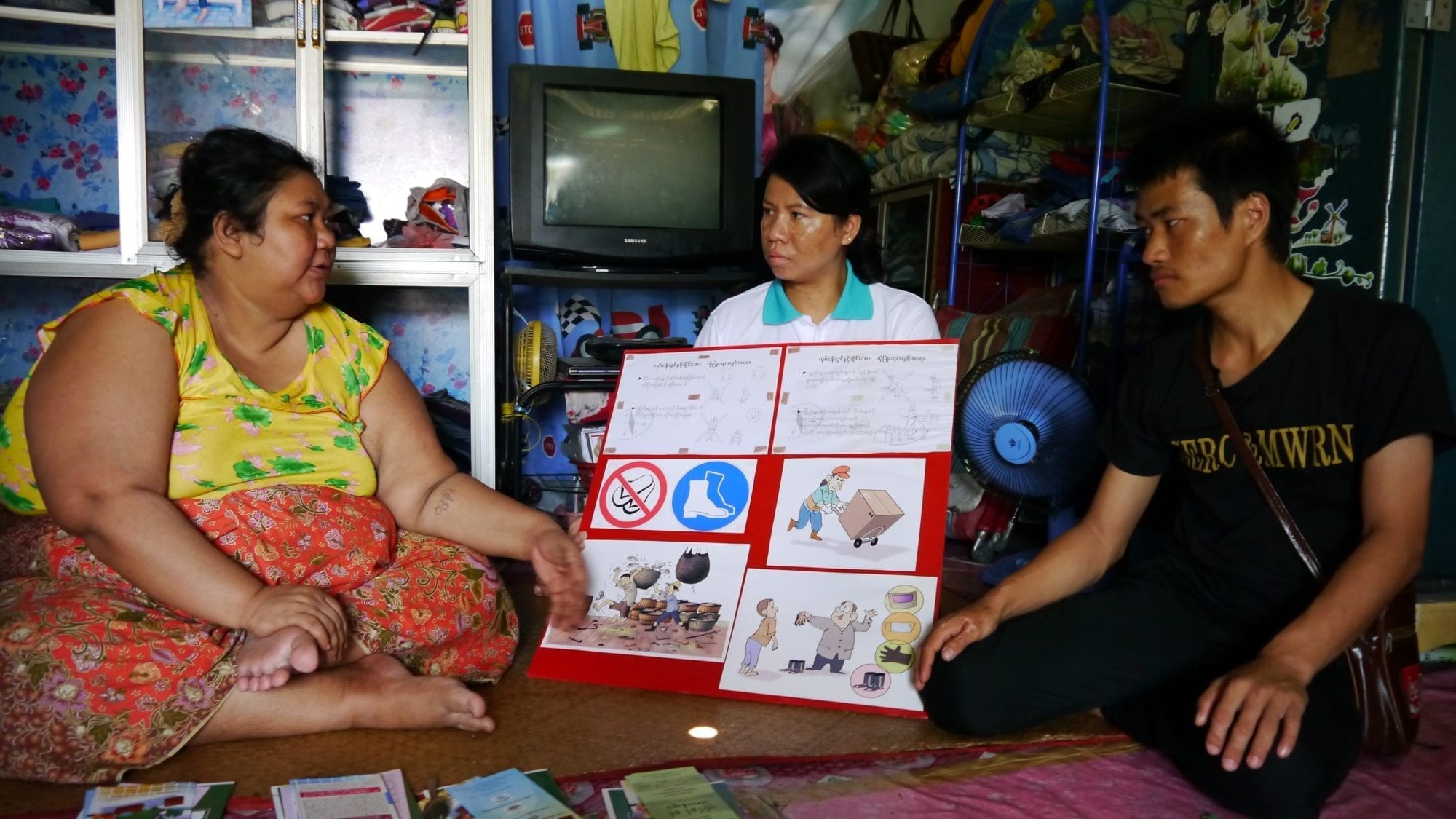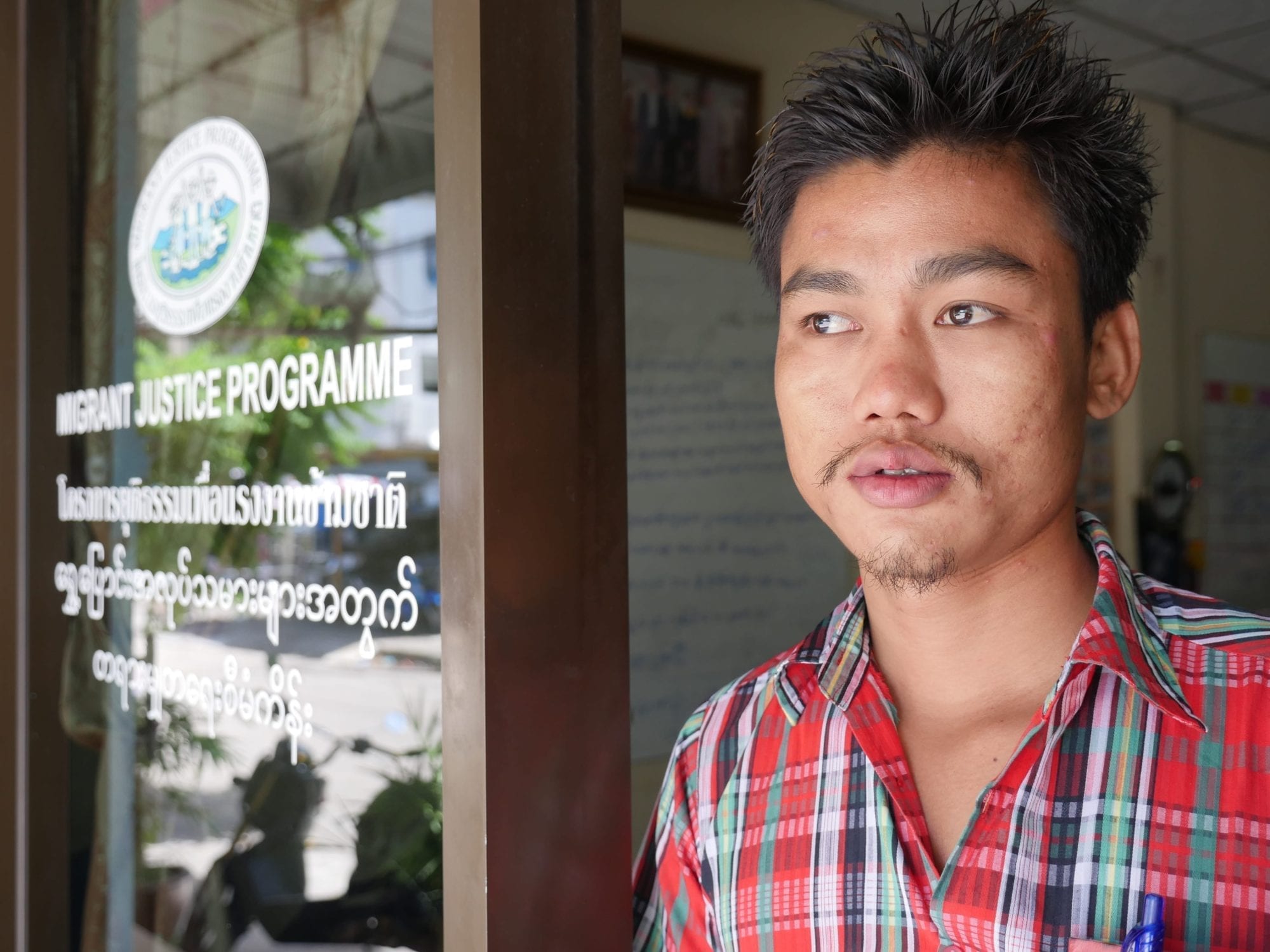
Feb 5, 2018
Hundreds of women in western Zimbabwe who have waged a week-long sit-in at Hwange Colliery Co. Ltd. (HCCL), demanding unpaid wages for their husbands who labor in the company’s coal mines, say they are set to march to tourist-packed Victoria Falls. There, says the women’s spokesperson, Thokozile Ncube, “we will tell the world everything about the company and how our government has failed us.”
Carrying placards reading, “Five years no pay, but going to work everyday,” and “Enough is enough,” the women say they are not satisfied with the response of a former government minister who spoke with them Friday and said he would take their concerns to the president. The women vowed that if their husbands do not receive the wages owed since 2014 by February 15, they will march to Victoria Falls, some 62 miles to the north.
They also demand the resignation of the company’s CEO, who they say has not fulfilled a 2016 High Court order compelling management to pay workers’ back wages.
The women launched their action January 29 with a peaceful rally and have remained at the company’s headquarters, despite heavy rains. Last week, the National Mineworkers Union of Zimbabwe (NMWUZ) provided a tent to shelter the women.
Several thousand miners work in open-pit mines extracting millions of pounds of coal each month for use by power stations and in iron and steel smelting. Most of the workers live in houses in the mining village.
According to news reports, HCCL has been paying miners 50 percent of their salaries since the beginning of 2016 and last June, the company paid 7 percent of the employees’ 2014 outstanding wages.

Jan 18, 2018
Eight years ago, Rubina Lama moved to Kathmandu from her nearby village and started working as a cook in a student hostel. One day, flipping the national daily newspaper Rubina came across an advertisement for a “golden opportunity in Japan.” Instantly, she knew she should grab this opportunity.
The next day, she visited the labor recruiting agency providing the chance to work in the Japanese garment industry. The agent assured her that there would be no fees as long as she began language and tailoring training. For Rubina, there was nothing more to ask. She immediately started classes, joining some three dozen other trainees, almost all under the age of 30.
It never occurred to her that the agent might ask for money in near future. Two weeks into the training, the agent asked her for 40,000 rupees (approximately $400) to cover costs.

A labor broker promised Rubini Lama a job in Japan but seven years later, it never materialized. Credit: Courtesy Rubini Lama
Managing her work as a cook and taking two classes were not easy for Rubina. But nothing could beat her determination, she says. In addition to her coursework, she continued working in the morning and evening at the hostel. Rubina says, “Only after I finished my work late at night at the hostel, did I have time to study and do the homework given in the language training. The girls of the dormitory always used to joke of my determined dream of going to Japan.”
Rubina was very excited as the training went well for the first few months. One day the agent told her, “A Japanese man is going to come soon to observe your tailoring skills and progress.” This information increased her determination. She felt closer to her dream of working and living in Japan. The following day, the agent said that each trainee would have to deposit 600,000 rupees (approximately $6,000) for visa application processing for Japan. He added that for those students who paid the fee quickly, the process would start immediately.” After a week or so, a Japanese man indeed visited the tailoring training classes. Meeting the Japanese observer confirmed that Rubina could not let her Japan dream slip away.
The sum demanded by the agent to process a visa was huge. Rubina confided her dream to her father, who wholeheartedly supported his daughter’s chance at a brighter future in Japan. Her father, however, had no source of income and decided to take a loan out against the only piece of land he owed to secure the fee. Rubina handed the $6,000 to the agent immediately after completing the bank procedure.
Days, months and years passed by after handing over the money. The agent kept saying that the process was moving. Rubina kept believing his assurances. Meanwhile, payment of the monthly interest for the loan was becoming increasingly difficult to pay on time. Around the same period, Lama’s father was diagnosed with cancer. Rubina was mentally and physically exhausted by juggling combined problems—the loan, her father’s worsening health and the stagnant visa process. However, Rubina continued to attend trainings provided by the agent.
Two years passed, the visa application still in process, which kept her hopes alive. One day, Rubina says the agent called advising her to quit her cooking job as her visa for Japan was on its way. Trusting him, she gave up her job and went back home to be with her ill father. Another year passed, with no visa. Rubina’s aspirations for Japan were still alive. Five years passed, and lost her father.
Completely broken inside and with empty hands, Rubina decided to return Kathmandu—still nurturing her spirit and determination to work in Japan. She started calling and calling the agent. One day, he answered her call, again reassuring her that the visa application process was continuing. He told her to trust him, and because of her dream, she did.
For survival, she started working as a day laborer. A month later, she found a job in a household as a domestic worker. Suddenly the agent called again and said he needed 150,000 rupees (approximately $1,500) to finalize the visa. Rubina provided him with the hard-earned cash she had earned over the previous two years—and then he disappeared. Now, seven years after trying to get to Japan on her own, she learned it generally takes a week for the embassy to process visa applications. She could not believe she had trusted a liar agent over six years.
Rubina had to move on. She took a job as a domestic worker and made plans to start a business, until the 2015 earthquake shattered that dream. Still, she says she is fortunate that she was able to fulfil her dream, at least in part. Today, after paying 400,000 rupees (approximately $4,000) to another labor recruiter, Rubina is working outside of Nepal—in Turkey as a domestic worker. She received a visa and, in 2017, left her country and began working for an affectionate family of three.
Krishma Sharma is a Solidarity Center program officer in Nepal.

Jan 9, 2018
Ramon Alexander Mosquea Rosario, a union leader at Frito Lay/Pepsico worksites in the Dominican Republic, helped form the National Union of Workers of Dominican Frito Lay (SINTRALAYDO), despite nine years of employer harassment, firings and retaliation.
He encourages other workers to never give up their struggle.

Jan 9, 2018
Ramon Alexander Mosquea Rosario, a union leader at Frito Lay/Pepsico worksites in the Dominican Republic, helped form the National Union of Workers of Dominican Frito Lay (SINTRALAYDO), despite nine years of employer harassment, firings and retaliation. He encourages other workers to never give up their struggle.






